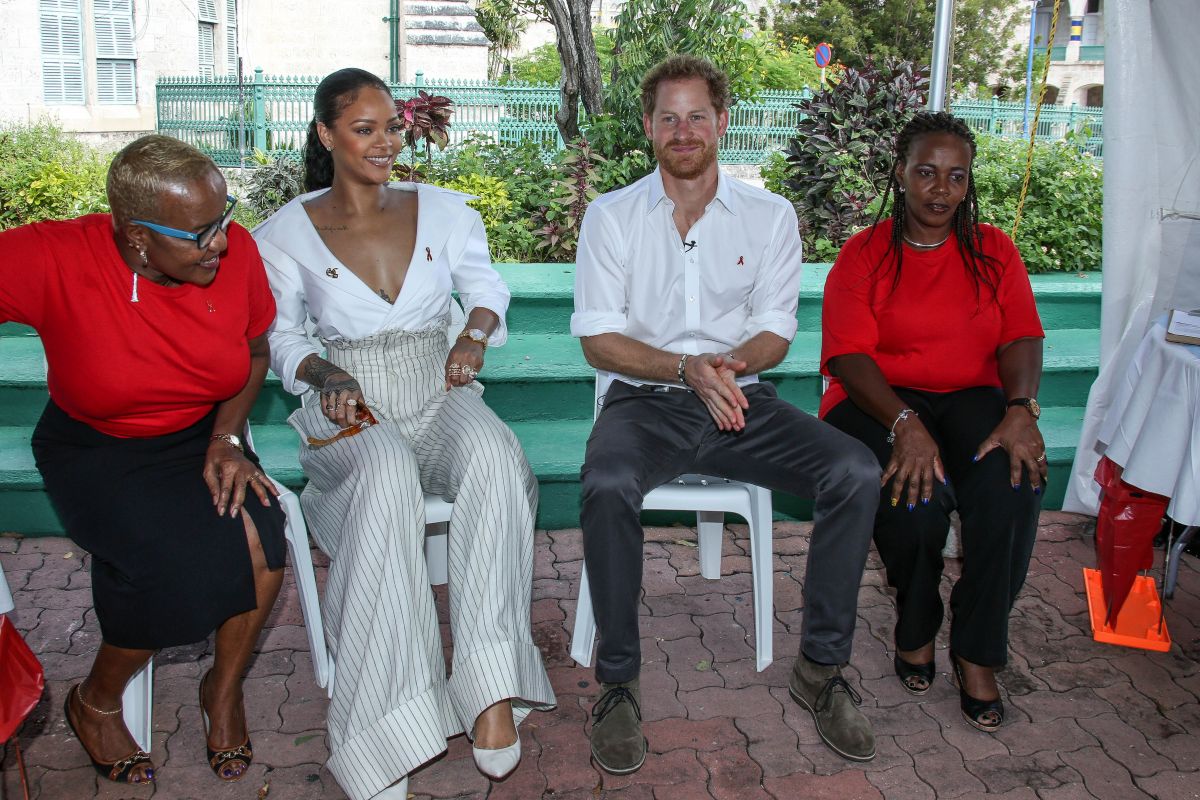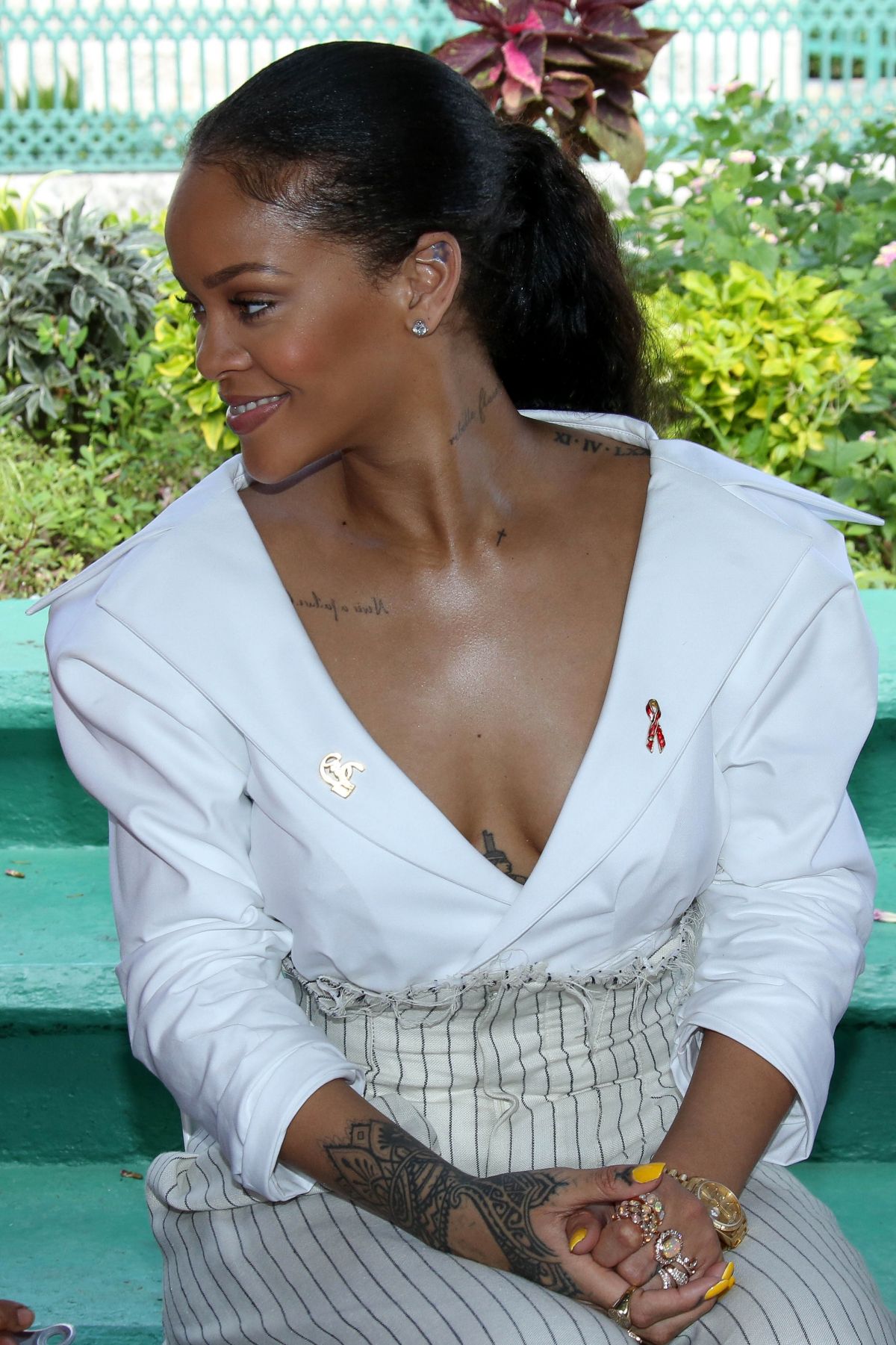Detail Author:
- Name : Jordane Jacobson
- Username : gtorphy
- Email : williamson.alexane@hotmail.com
- Birthdate : 1981-10-07
- Address : 970 Schuster Fords Misaelside, PA 07591-2028
- Phone : 1-985-903-3342
- Company : Yost LLC
- Job : Marine Cargo Inspector
- Bio : Et et voluptatem impedit consequatur soluta molestiae at. Eius eos a qui et qui blanditiis praesentium. Ut et unde et occaecati suscipit aliquid consequatur. Enim illo quaerat nihil quis impedit.
Socials
linkedin:
- url : https://linkedin.com/in/gavin5115
- username : gavin5115
- bio : Et aut rerum nihil modi.
- followers : 2700
- following : 1967
twitter:
- url : https://twitter.com/gglover
- username : gglover
- bio : Sunt quo velit atque cum illo eos explicabo. Quaerat quaerat non iusto et debitis. Maxime reiciendis nulla sunt. Cum doloribus ad exercitationem.
- followers : 487
- following : 2760
There's a lot of chatter online, and sometimes, questions pop up about well-known people, questions that might seem a bit personal. When it comes to figures like Rihanna, whose life is often in the public eye, it's almost natural for different kinds of ideas to circulate. People, you know, are often curious about those they admire, and sometimes this curiosity leads to asking things that aren't based on facts.
These kinds of queries, like "does Rihanna have HIV," appear from time to time on search engines and social media platforms. It's a sign, really, of how quickly information, or sometimes, misinformation, can spread in our connected world. We see a famous person, and we might, in a way, feel a sense of closeness, leading us to wonder about aspects of their private existence.
Our purpose here is to shed some light on how these kinds of questions arise and why it's so important to think about where our information comes from. It's about looking at the bigger picture of celebrity life and the public's interaction with it, rather than focusing on any specific unconfirmed claims. So, we'll explore the landscape of public curiosity and the need for reliable sources, which is something we all can agree on, right?
Table of Contents
- Rihanna - A Global Icon
- Where Do These Ideas Come From About Rihanna?
- The Value of Verified Information
- What Are the Facts About Public Health and Privacy?
- How Do We Approach Unverified Claims Like "Does Rihanna Have HIV"?
Rihanna - A Global Icon
Robyn Rihanna Fenty, known to almost everyone as Rihanna, has truly made a mark on the world. She's a performer, a style trendsetter, and a business leader who has built a truly impressive empire. Her path to becoming a household name is a story of great talent and constant hard work, really. From her early days, she showed a spark that hinted at the great things she would go on to achieve. She's basically someone who has shaped popular culture in a big way.
Rihanna's Early Years
Her beginnings were in Barbados, a place that, in some respects, shaped her early musical leanings. As a young person, she had a clear passion for singing, a drive that would, you know, eventually lead her across oceans. Her initial steps into the music business involved meeting with a record producer, a moment that really changed the course of her future. This early period was about laying the groundwork for what would become a truly significant career, almost like building the foundation of a very tall structure.
She signed her first recording deal at a relatively young age, which, honestly, set her on a path to global recognition. Her first album gave people a taste of her distinctive sound, and it was pretty clear then that she was someone to watch. These initial efforts, while perhaps not as widely known as her later works, were absolutely crucial in shaping her artistic voice and getting her noticed by a wider audience. It was a time of growth and discovery for her, very much so.
Her Rise to Global Fame
Rihanna's ascent to worldwide recognition was, in a way, remarkably quick and sustained. She released a string of songs that became instant hits, each one seeming to top the last. Her music wasn't just popular; it often pushed boundaries, mixing different sounds and styles, which really resonated with a lot of listeners. This period saw her become a dominant force in the music industry, consistently putting out material that captured the attention of people everywhere.
Beyond her singing, she also ventured into other areas, like fashion and beauty. Her ability to spot trends and create products that people genuinely wanted showed that her talents went far beyond the recording studio. This expansion into different businesses helped solidify her standing as a true global icon, someone whose influence reached into many different parts of everyday life. She became, you know, a true entrepreneur in every sense of the word.
| Detail | Information |
|---|---|
| Full Name | Robyn Rihanna Fenty |
| Date of Birth | February 20, 1988 |
| Place of Birth | Saint Michael, Barbados |
| Occupation | Singer, Songwriter, Actress, Businesswoman |
| Genre | R&B, Pop, Reggae, Dance |
| Years Active | 2005–present |
| Known For | Music career, Fenty Beauty, Savage X Fenty |
| Awards | Multiple Grammy Awards, American Music Awards, etc. |
Where Do These Ideas Come From About Rihanna?
It's interesting to consider why certain questions, especially those of a very personal nature, seem to attach themselves to public figures. When we think about "does Rihanna have HIV," it's a query that doesn't just appear out of nowhere. There's a broader pattern to how celebrity information, and sometimes misinformation, moves through our collective conversations. It's almost like a ripple effect, where one small mention can spread far and wide, you know?
The Nature of Celebrity Speculation
People who are famous often find themselves at the center of all sorts of discussions, some based on facts, others less so. There's a natural human tendency, perhaps, to talk about those who are well-known, to try and fill in the blanks about their lives. This can lead to ideas being formed and shared without much, if any, solid proof. It's a phenomenon that's been around for ages, really, but the internet has certainly made it move a lot faster.
The constant stream of news and gossip about famous people means that any unverified claim can gain traction. It's a bit like a game of telephone, where the original message gets changed as it passes from person to person. This environment, where information is shared so easily, makes it more likely for speculation to take hold, sometimes leading to rather personal questions being asked about individuals like Rihanna.
Why Do People Ask "Does Rihanna Have HIV"?
Questions like "does Rihanna have HIV" can come from various places, but they usually stem from a lack of reliable information mixed with public curiosity. Sometimes, it's just a rumor that started somewhere without any real basis, perhaps from a misheard comment or a misinterpretation of an event. These things, you know, can just gain a bit of momentum online.
Another reason might be the sheer volume of content about celebrities. With so much being written and shared, some of it is bound to be unverified or even completely false. People might come across an unsourced piece of information and then, naturally, turn to search engines to try and find out more, leading to these kinds of queries. It's basically a reflection of how we interact with public figures in the digital space, where, as a matter of fact, almost anything can be asked.
The Value of Verified Information
In a world where we're constantly bombarded with different bits of information, knowing what's real and what's not has become incredibly important. This is especially true when we're talking about sensitive topics or personal details about anyone, let alone a public figure. Getting things right, basically, makes a big difference in how we understand the world around us.
Checking Sources for Claims About "Does Rihanna Have HIV"
When you come across a statement, particularly one as personal as "does Rihanna have HIV," it's always a good idea to pause and consider its origin. Is the information coming from a well-known news organization, or is it from a less reputable source? Reliable sources usually have a track record of accuracy and will cite their own references, allowing you to see where their facts come from. This practice, you know, helps to build trust.
If a claim seems too sensational or lacks any supporting evidence, it's probably best to approach it with a healthy amount of doubt. Real information about a person's health is almost always shared through official channels, like a personal statement or a trusted news outlet reporting on a confirmed event. Anything else, honestly, should be looked at with a questioning eye.
Media Literacy in the Digital Age
Learning how to tell the difference between good information and bad information is a skill that's more important than ever. This means understanding how news is put together, recognizing different types of reporting, and being able to spot common tricks used to spread false ideas. It's about being an active and thoughtful consumer of what you read and see online, rather than just accepting everything at face value.
Developing this kind of awareness helps us to make better decisions about what we believe and what we share. It protects us from being misled and, perhaps more importantly, helps prevent the spread of harmful rumors about people, whether they are famous or not. This skill, you know, is basically a tool for navigating the vast ocean of online content.
What Are the Facts About Public Health and Privacy?
When discussions about health come up, especially concerning individuals, there are important considerations around privacy and respect. Public health information is often general, focusing on widespread issues and prevention, rather than the specific health status of any single person. It's a boundary that, you know, is pretty important to keep in mind.
Respecting Personal Health Information
Everyone, regardless of their public standing, has a right to privacy regarding their health. This means that details about a person's medical condition are private and should not be shared or speculated upon without their express permission. It's a basic principle of respect and dignity that applies to all people. To be honest, this is something we should all strive for.
The sharing of unconfirmed health claims about anyone, famous or not, can cause real harm. It can lead to unfair judgments, create unnecessary worry, and, in some cases, even impact a person's life in very negative ways. So, it's basically a good idea to think about the consequences before discussing someone's health, particularly if the information isn't verified.
General Information About HIV
While we won't discuss any individual's health status, it's always a good time to share general, accurate information about health conditions. HIV, for example, is a condition that has seen significant medical advancements over the years. With proper medical care, people living with HIV can lead long and healthy lives. This is a fact that, you know, is important for everyone to understand.
Public health organizations and medical professionals are the best sources for current and correct information about HIV and other health matters. They provide resources that explain the condition, how it's managed, and how to prevent its spread. Focusing on these reliable sources helps to reduce stigma and promote a more informed public understanding of health issues, which is something we all benefit from, really.
How Do We Approach Unverified Claims Like "Does Rihanna Have HIV"?
When faced with unconfirmed statements, especially those that appear online, our approach really matters. It's about being thoughtful consumers of information and understanding the wider effects of what we read and share. So, when a question like "does Rihanna have HIV" pops up, it's an opportunity to practice good digital citizenship.
The Impact of Spreading Misinformation
Sharing information that hasn't been checked can have a significant negative impact. It can damage a person's reputation, cause distress, and contribute to a general atmosphere of distrust in public discourse. For public figures, who are already under intense scrutiny, such rumors can be particularly upsetting. It's like, you know, throwing a stone into a pond and watching the ripples spread far and wide.
Beyond the individual, the spread of unverified claims can also make it harder for people to distinguish between what's real and what's not. This can weaken the public's trust in legitimate news sources and make it more difficult for important, accurate information to reach people. So, every time we share something, we're basically contributing to the overall quality of information online.
Supporting Public Figures and Their Privacy
Public figures, despite their visibility, are still individuals who deserve respect for their personal lives. This includes their health, their families, and other private matters. Supporting them means appreciating their work and contributions while also recognizing their right to a private existence, free from uninvited speculation. It's a balance that, you know, can be a bit tricky to strike in the modern world.
Choosing not to engage with or spread unverified rumors is one way to show this respect. Instead, we can focus on their artistic achievements, their business ventures, or their philanthropic efforts, which are the public aspects of their lives they choose to share. This approach helps create a more positive and respectful online environment for everyone, which is, honestly, a goal worth working towards.
This article has explored the nature of public curiosity surrounding well-known individuals, using the example of queries like "does Rihanna have HIV." We've looked at Rihanna's journey to becoming a global icon, discussed how celebrity speculation arises, and emphasized the critical importance of seeking out and relying on verified information. We also touched upon the fundamental right to privacy concerning personal health matters and the broader implications of spreading unconfirmed claims. The aim was to encourage a more thoughtful approach to the information we encounter and share online, especially when it pertains to the private lives of public figures.
- Trump Hand Not On Bible
- Kimberly Sex Lives Of College Girls
- Grimes Reacts To Elon Musk Parading Son Around Oval Office
- Justin H Min Movies And Tv Shows
- Game Of Thrones Dragon Tattoo


